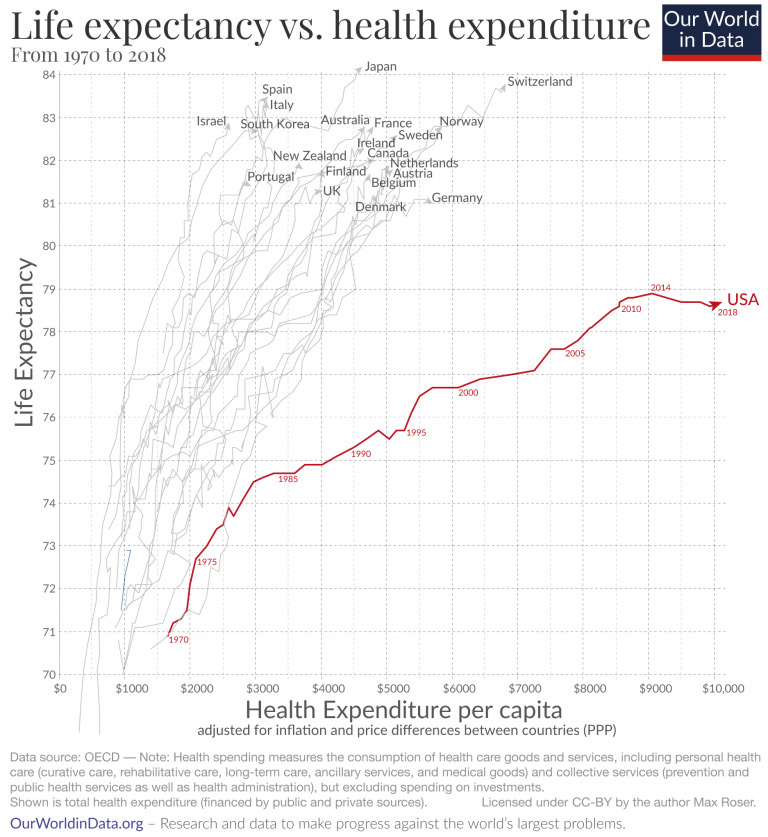Now I’m not saying the government is never right… but I am saying that they have a history of mistakes, corruption, and conflicts of interest, so maybe (just maybe) we shouldn’t blindly follow their advice?
One-third of FDA-approved drugs have problems
Would you believe me if I told you Legacy Media didn’t always worship modern-medicine? In fact, in 2017 CNN reported a study demonstrating that a third of FDA-approved drugs were involved in some kind of safety event after reaching the market. (They would never post this today).
Not many people know that prescription drugs are the 4th leading cause of death in America: every week, about 53,000 people are hospitalized and about 2,400 die from (im)properly prescribed drugs; 1 in 5 FDA-approved prescription drugs cause serious reactions.
These dangerous drugs are then permitted for dozens of years
It is understandable (in unfortunate ways) that drugs have complications. But it is inexcusable that it takes the FDA dozens of years to remove these dangerous drugs from the market.
Here are a few examples (for more info check out this list):
Quaaludes were used as a sleeping aid between 1962 and 1985. It took the FDA over 20 years to realize the drugs' serious, and sometimes lethal, side effects. Now, Quaaludes are in the same class of drug as heroin and LSD.
Speaking of heroin, did you know that it was deemed (and legally sold for almost 25 years) as a “safe, non-addictive” drug in the late 1800s? LOL.
Darvon was invented in 1957 and used for 53 years as an opioid pain reliever. Sadly, Darvon was responsible for 2,110 deaths between 1981 and 1999. Still, Darvon wasn’t pulled off the market until 2010.
PTZ/Metrazol was taken off the market after 48 years for causing seizures, pulled muscles and spine fractures in 42% of patients.
The Sheer Number of Drugs
On their website, the FDA boasts about approving over 20,000 prescription drug products for marketing.

Additionally, 90% of all new drugs approved by the FDA over the past 30 years are little or no more effective for patients than existing drugs.
Since drug-making is (unfortunately) a business, I’m not surprised by these stats. Big corporations repeatedly pump out drugs and prioritize profits over people, but should a government agency do the same?
Well-known Corruption
The FDA oversees $2.7 trillion (with a t) in consumption of food, medical products and tobacco. With all this money, are we surprised there are pay-offs?
The majority of doctors who oversee FDA drug approval receive payments from companies they monitor. Since the FDA has strict rules for conflicts of interest before drug approval, advisors must wait to receive payments until after the drugs are approved. This way the “independent” advisors can avoid proper disclosures and conflicts of interest 🙄
A jaw-dropping investigation from Science magazine found:
Of 107 FDA-advisors, 40 received more than $10,000 in post hoc earnings or research support, 26 gained more than $100,000 and six received more than $1 million.
Drugmakers donated more than $24 million in personal payments or research support to the FDA’s 16 top-earning advisers. The advisors received over $300,000 each and 93% came from companies the advisers had previously reviewed.
Here’s the typical career of FDA employees: they start in the private sector, move to the agency, push industry-friendly decisions, and then return to lucrative positions in the private sector–like a revolving door.
Industry Funding
The FDA was independent (fully funded by the U.S. Treasury) until 1992 when Congress passed the Prescription Drug User Fee Act, and the FDA was allowed to collect prescription fees from drug manufacturers. Today, 45% of the FDA’s budget comes from user fees, which control 65% of the agency’s regulatory activities.
The mission of a government agency like the FDA should be to serve the people and improve public health. But as the FDA receives funding from manufacturers, the industry, rather than the public’s health, becomes the FDA’s client.
The culture at the FDA has become, "Please the industry. Avoid conflict. Look upon our role as getting out as many drugs as possible." -Sidney Wolfe M.D., 2002
My stance: FDA approval means nothing, so EUA approval means even less.
Sneak peek: The second part of this article is another reason to listen to the FDA… because America is quite obviously the healthiest country in the world… NOT!




